How one academic turned a fascination with how universities function into a successful career
Thirty years into his academic career, Glen Jones is still curious about what makes universities tick.

Universities are such uniquely complex institutions that it’s no wonder that many students who walk through their doors turn the focus of their studies and scholarship onto the academy itself. For Glen A. Jones, the pursuit of disentangling those complexities and understanding universities’ myriad moving parts has motivated his career for the past 30 years, making him one of the country’s – and the world’s – foremost scholars on the topic of higher education in Canada.
Dr. Jones’ interest began as an undergraduate student at the University of Manitoba, after being elected to be a student representative on the board of governors there. The more he learned about the university and its operations, the more curious he became. “The idea of walking down a laneway at the university and hearing music coming from music students, seeing architecture students out playing with models, and seeing nursing students in uniforms with bags of supplies walking down the street – seeing all of these things together on the same block is absolutely fascinating,” he says.
“Since I’ve never answered all the questions I set out to try and figure out, I’ve tried to stay at it.”
Dr. Jones has turned his fascination with how universities function into a successful career as a researcher. To date, he has 17 books and 150 papers to his name. Many of these texts, like 1997’s Higher Education in Canada: Different Systems, Different Perspectives, have been foundational to the broader understanding of how universities function. He is currently a professor of higher education in the department of leadership, higher and adult education at the University of Toronto, and is former dean of the Ontario Institute for Studies in Education (OISE). He also served as Ontario research chair in postsecondary education policy and measurement at the University of Toronto for nearly a decade.
He says that holding leadership positions throughout his career has afforded him a great deal of insight into his work on trying to figure out what makes universities tick, and even enriched it. “I’ve spent about 18 years in various leadership positions as a department chair, associate dean, and dean. I’ve always thought that the relationship between those roles and my research was kind of synergistic,” he explains. “Now I’m in a position where I get to practice some of these ideas. There’s something about doing the practice and actually being engaged in these activities and these decision processes and being on boards that you then take back into your scholarship.”
While navigating both administrative and scholarly pursuits has helped him in many ways, one of the strongest motivators of his work has been his appreciation for and curiosity around what he describes as one of the most complex organizations we have. “You’ve got universities in Canada with nuclear reactors, that have farms, that have animal care facilities, telescopes, laboratories – and an almost endless web of relationships with the broader society, some of which are direct and some of which are indirect,” he says, explaining universities’ wide breadth of highly specialized areas of interest. That breadth can make actually understanding how universities work rather challenging, especially when each province and territory is slightly different in their approach to higher learning.
His latest book, written with Polish sociologist Dominik Antonowicz of Nicolaus Copernicus University, takes a closer look at governing boards and how they work in Canada. The Role of University Governing Boards in Canadian Higher Education, explores the structure of boards across the country, and why the notion of boards became so common in the Canadian context. Combined with Dr. Antonowicz’s knowledge of the recent phenomena of governing boards in Europe, Dr. Jones characterizes the work as a kind of conversation. “It’s me as a Canadian having a particular view of this [phenomenon], but it’s also an interaction with somebody from outside who’s asking me questions I never thought to ask before,” he says.
“An awful lot of my stuff is co-authored with other people. That’s part of what I find wonderful about the job as I get to work with these bright people and learn from them and have a kind of synergistic academic relationship.”
“With this sort of collaborative work, it pushes you a little bit because you begin with a series of assumptions and when you work with somebody else, those assumptions can be quite justifiably challenged.” Dr. Jones credits collaboration as being an integral facet of how he approaches his scholarship. “An awful lot of my stuff is co-authored with other people. That’s part of what I find wonderful about the job as I get to work with these bright people and learn from them and have a kind of synergistic academic relationship,” he explains.
Roopa Desai Trilokekar, associate professor at York University’s faculty of education, was a doctoral student of Dr. Jones’, and has since co-edited two books with him. Dr. Trilokekar’s area of interest in higher education is the topic of international education, a growing field. When she came to Canada, Dr. Trilokekar knew she wanted to study international education, but says that Dr. Jones introduced her to the right frameworks to pursue that line of inquiry. “He was instrumental in offering me [a] perspective that has really influenced my work,” she says. “He introduced me to a lot of scholarship, starting with my dissertation and subsequently using federalism as sort of the lens to understand how and why policy works in certain ways, especially higher education policy.” Dr.Trilokekar also credits Dr. Jones for influencing her current SSHRC-funded research that compares three federal states: Canada, Germany, and Australia.
Beyond the research itself, Dr. Trilokekar says that Dr. Jones stands out because of how he encouraged her to participate in international conferences, and to collaborate and connect with other scholars. “He really gives space for people to grow, get excited about the field, and not feel intimidated. He doesn’t push you in directions that I’ve seen a lot of academics do, he’ll let you grow as your interests are and really help you, and guide you through that process,” she recalls. “I really, really appreciated that about him.”
However, Dr. Jones says he doesn’t pretend to understand everything about higher education, but is always striving to understand a bit more of it and to provide some broader sense of an explanation by trying to explain structures to help people understand that complexity. “Since I’ve never answered all the questions I set out to try and figure out, I’ve tried to stay at it.”

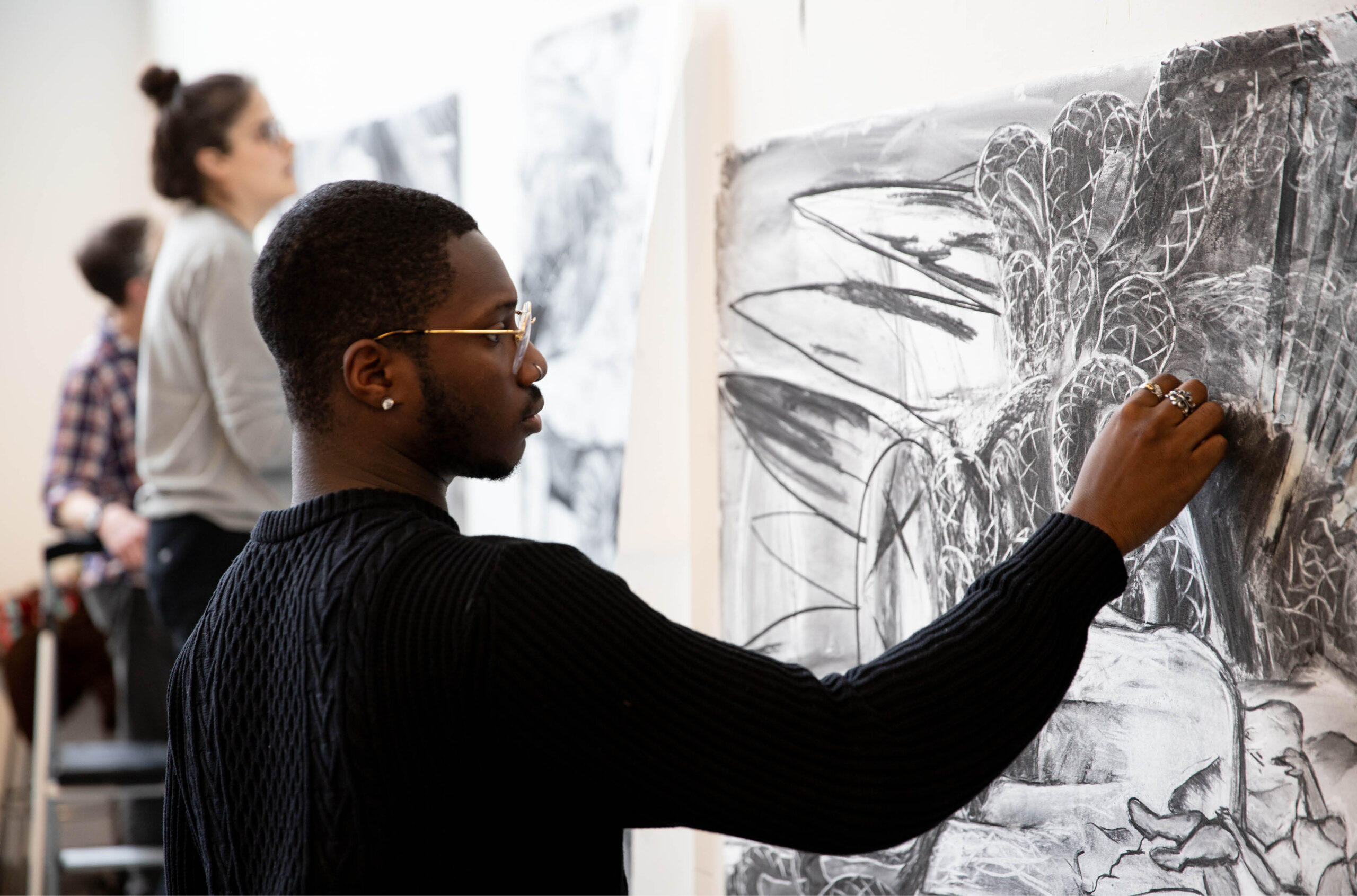

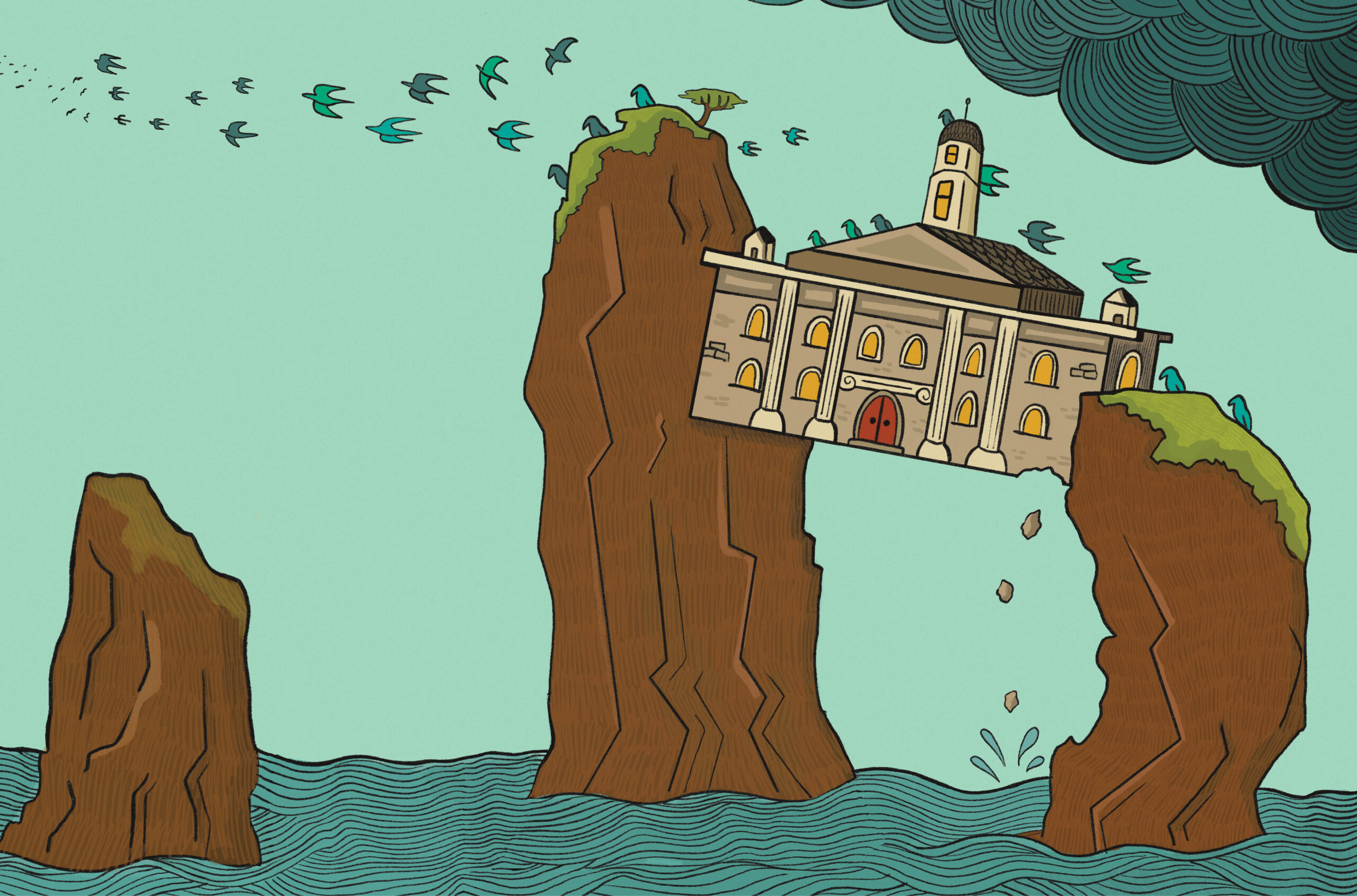
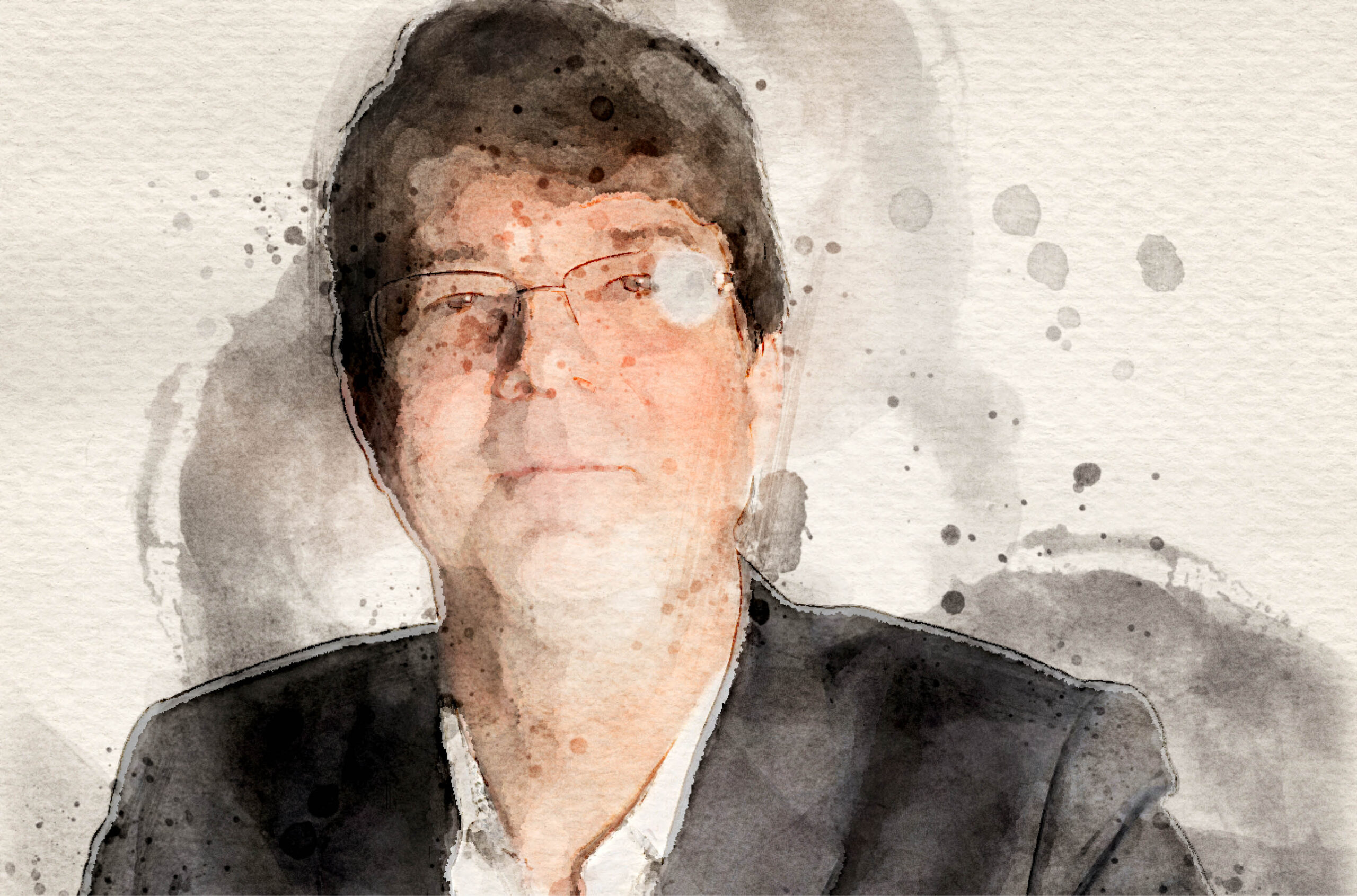
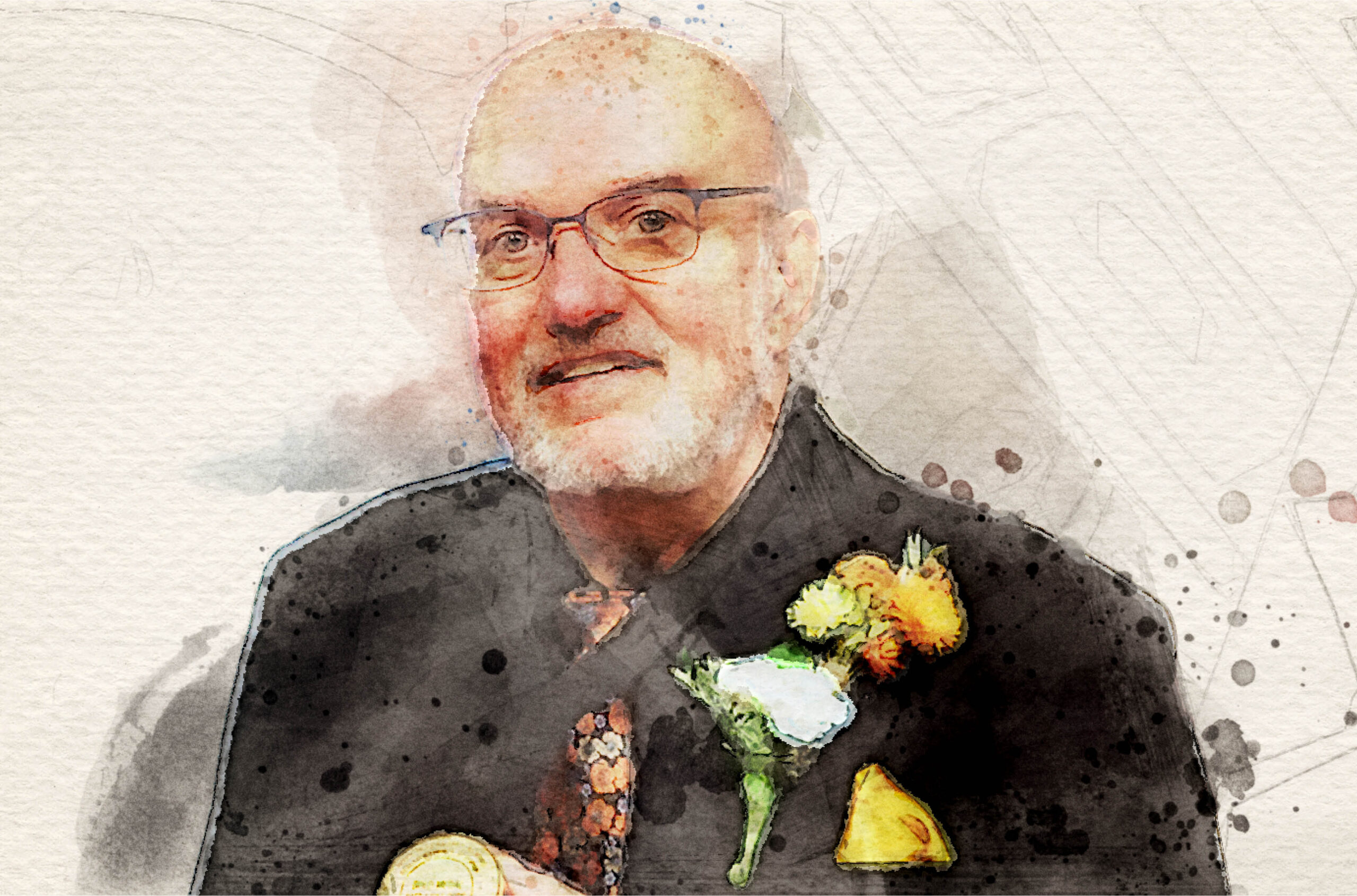
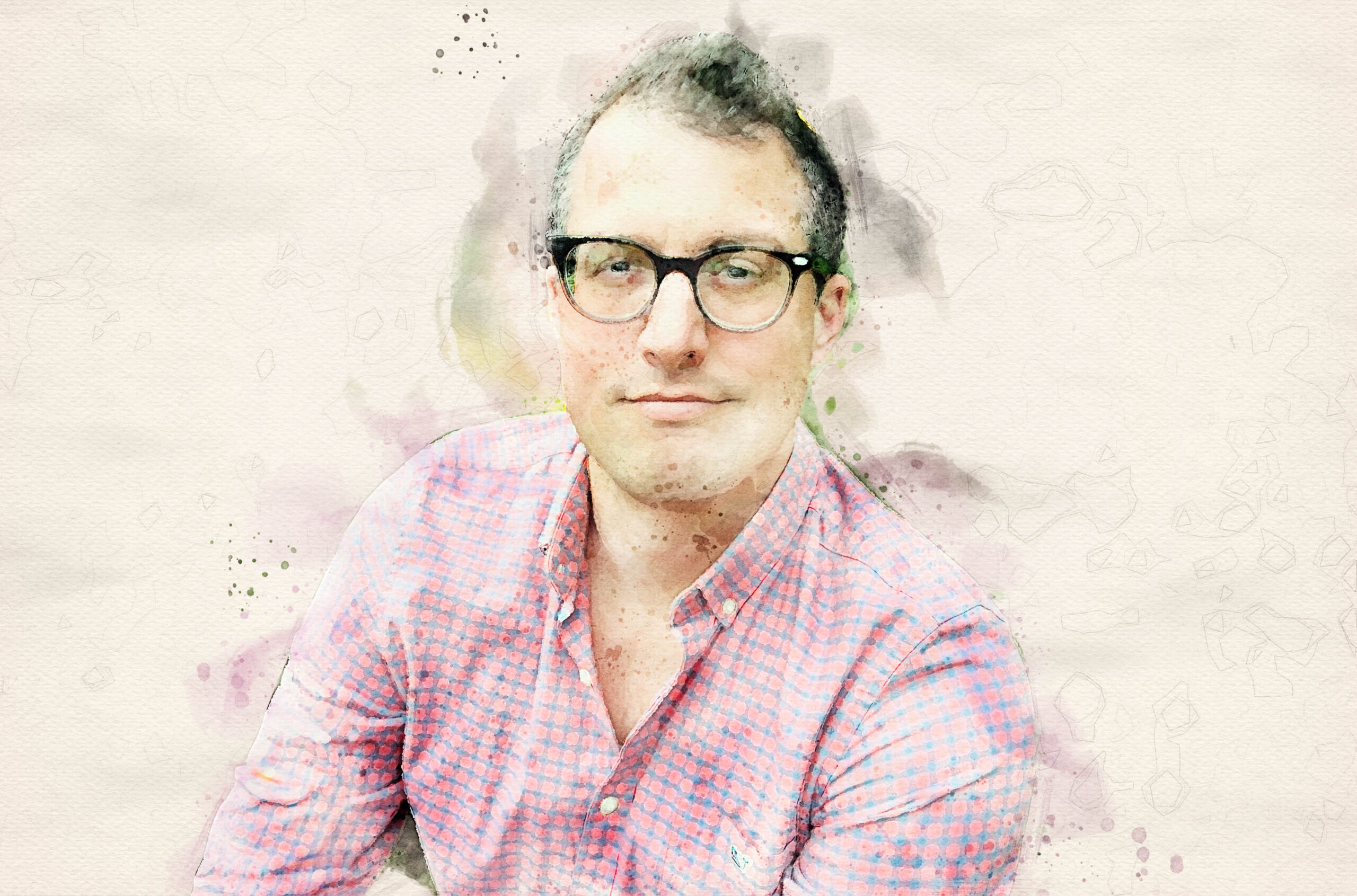
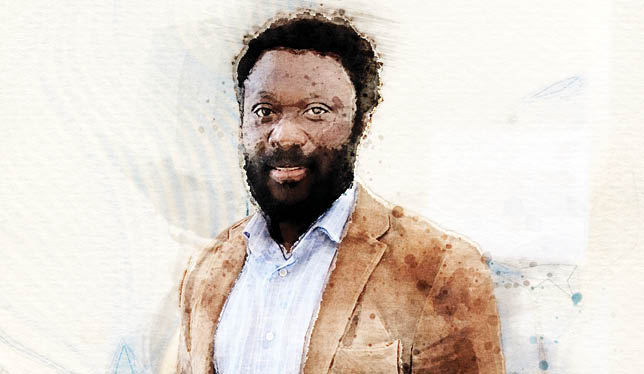




Post a comment
University Affairs moderates all comments according to the following guidelines. If approved, comments generally appear within one business day. We may republish particularly insightful remarks in our print edition or elsewhere.
1 Comments
While the main driver of academics is said to be curosity, what is the main driver of university leaders? Salary? I wonder if that topic is covered by Dr. Jones’ or his colleagues research.